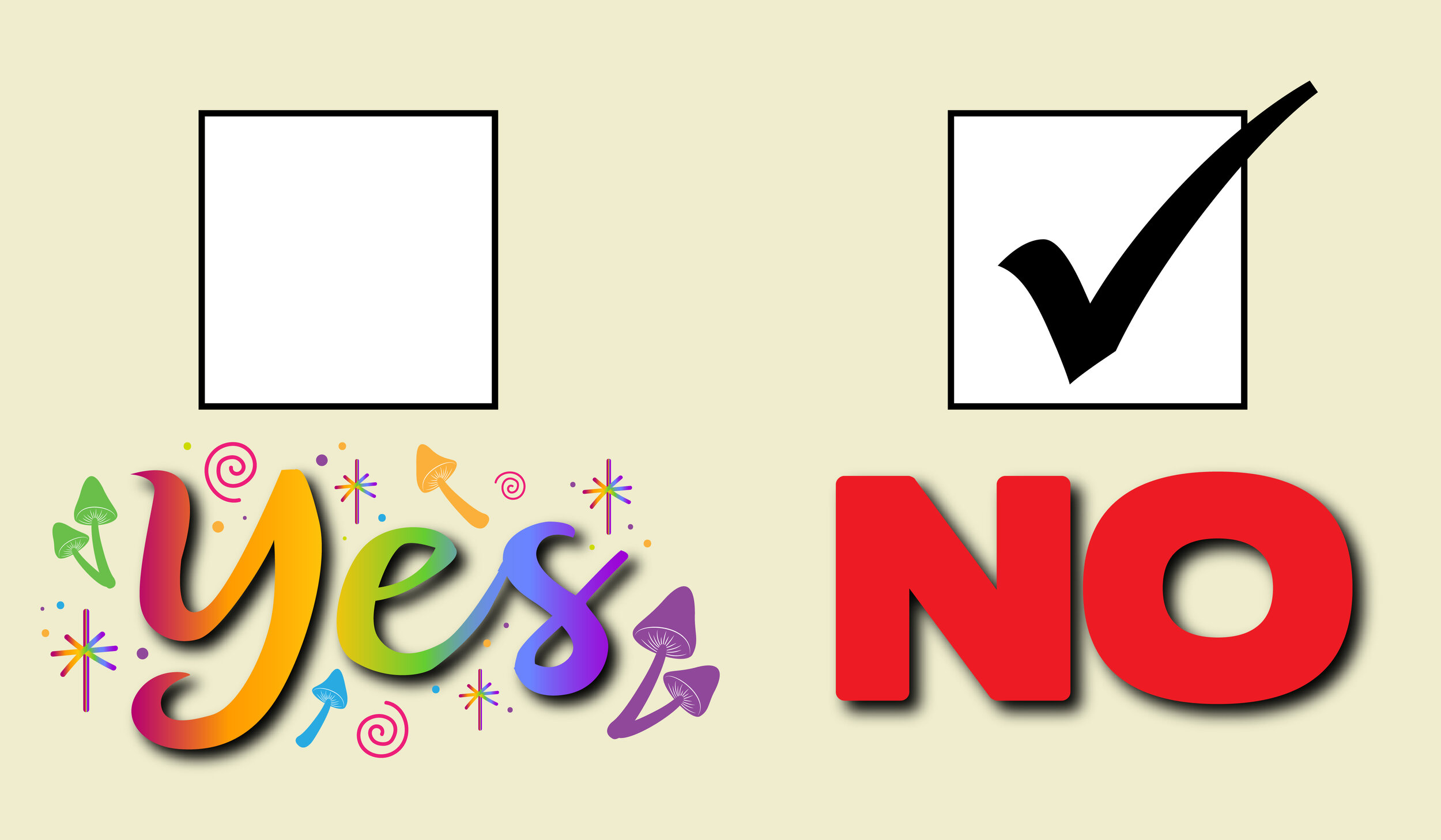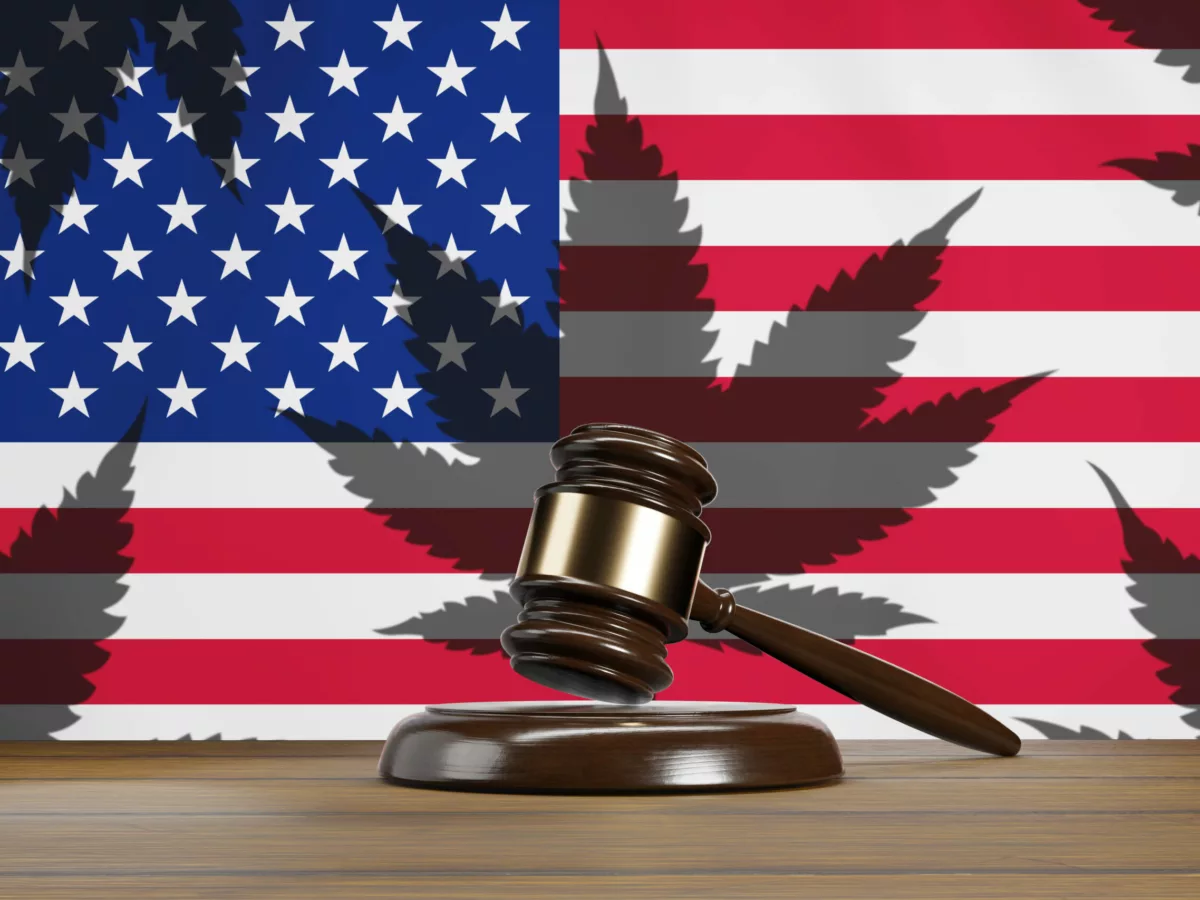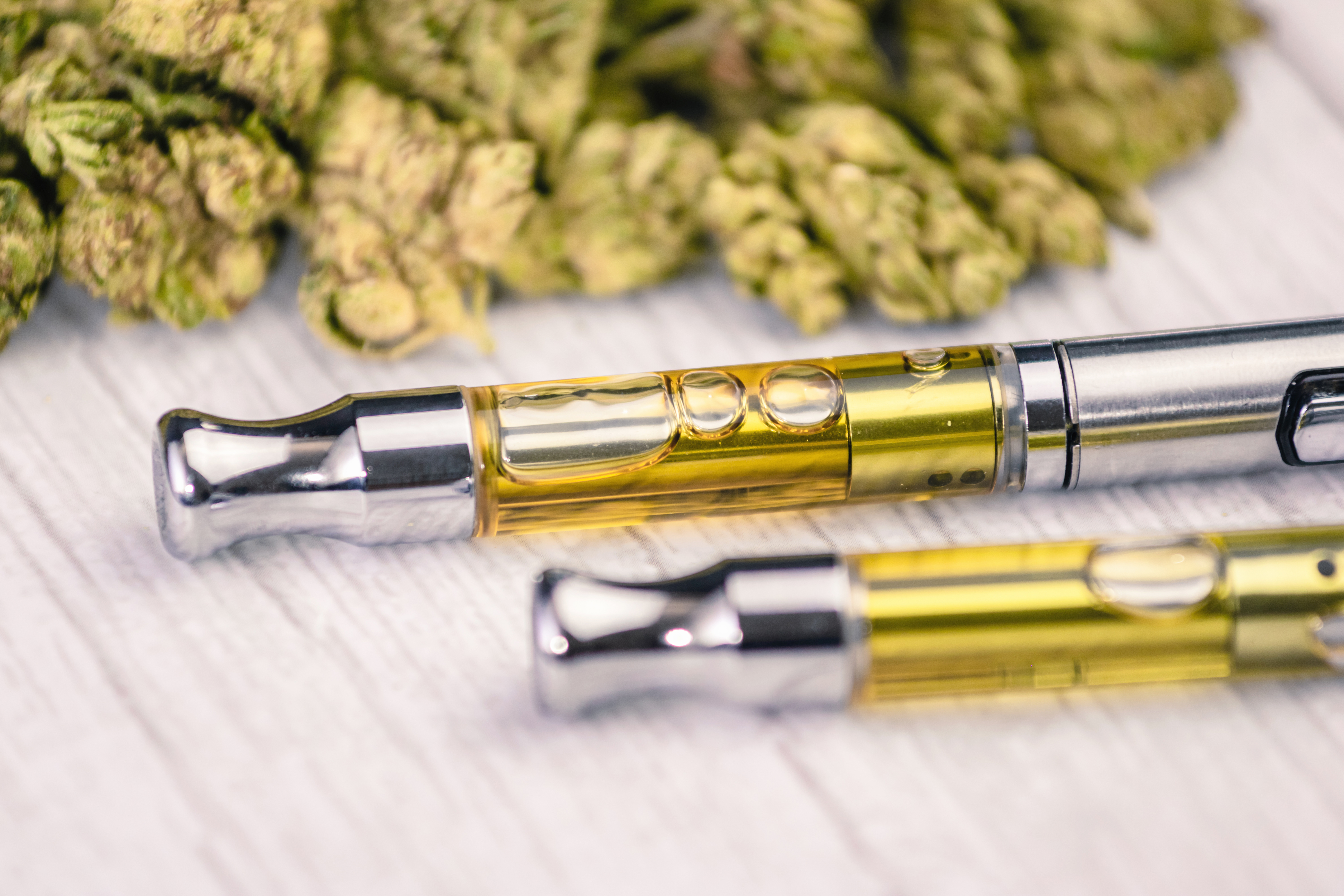Washington D.C. Mayor Muriel Bowser said she is not in favor of moving forward with the initiative that would decriminalize psychoactive drugs such as psilocybin, ayahuasca and other “natural plant medicines” even if voters approve of it on Election Day.
“It seems like the issue is not an organically D.C-created initiative,” Bowser said at a news conference last week. “And I don’t typically favor those. I won’t be voting for it.”
Initiative 81 (official title: The Entheogenic Plant and Fungus Policy Act of 2020) does not seek to legalize entheogens—referring to psychoactive or hallucinogenic substances derived from certain plants or fungi—but decriminalize them, shifting them to the lowest priority for law enforcement. Other cities such as Denver, Oakland, and Santa Cruz have already gone forward with decriminalizing psychedelics.
Despite Bowser’s claims that Initiative 81 “is not an organically D.C-created initiative,” the initiative could only get on the ballot once it received enough local signatures from D.C. residents, which it did. And the organizing around Initiative 81—made harder by the Covid-19 pandemic—came primarily from Decriminalize Nature DC, a political campaign in support of Initiative 81 organized by D.C. residents, including Adam Eidinger, who spearheaded the 2014 cannabis legalization initiative, which The Outlaw Report has covered extensively.
Melissa Lavasani, chairwoman of Decriminalize Nature DC, who proposed Initiative 81, said she is confident going into Election Day adding that the initiative had 64% support of D.C. voters in a poll taken in August.
“The reception from D.C. voters is really good, people get what we’re talking about. We are not talking about partying; we are talking about healing. They are interested in solutions that work,” Lavasani told The Outlaw Report.
The mayor’s sentiments were likely in reference to the campaign’s main financing from New Approach, a political action committee that funds cannabis and criminal justice policy reform initiatives. But one of the PAC’s top donors, Dr. Bronner’s Magic Soaps, has a D.C. connection. Eidinger serves as Bronner’s social action director, and previously served as the company’s public affairs director for 11 years.
Regardless, it is not unusual for a local bill to have national lobbyists.
Lavasani said she doesn’t understand why Bowser opposed the initiative but is optimistic about resuming discussions after the election. She said she has allies in the D.C. Council and is not “stressing about it.”
“It was a bummer to hear [Bowser’s comment]. I’m chalking it up to she’s a very busy woman right now,” Lavasani said. “Once we win this next week, we can have a real conversation.”
Eidinger declined to comment when asked about the mayor’s comments.
As The Washington Post noted, D.C. health director LaQuandra Nesbitt said last month that she could not support psychedelics decriminalization because she claimed there is a lack of research on long-term side effects. Psychedelics research is a burgeoning field, including at nearby Johns Hopkins University, which explored psychedelics’ uses of therapy in the ‘60s and ‘70s until changes in laws prevented the research from continuing. In the late ‘90s, Hopkins was able to pick back up with its research and has used psilocybin in particular to treat a number of ailments.
Since D.C. is not a state, Congress controls the city’s purse strings. Because of this setup, Rep. Andy Harris, R-Md., in 2014 was able to push through legislation that blocked recreational cannabis sales, which in turn has led to a gray cannabis market unique to D.C.
Back in July, Harris attempted to block Initiative 81 before it was voted on and signaled that he would work to block Initiative 81, if it does pass.
Lavasani was driven to propose the initiative by her own experience of mental health resolve through psychedelic plants. She wrote an op-ed explaining how ayahuasca, a psychoactive brew used for spiritual and religious purposes by Amazonian tribes, helped her overcome postpartum depression. In the op-ed, Lavasani explained that as a married mother of two and federal employee, she emphasized how she is not the “usual protagonist” to advocate for psychedelics and that her motivation is from her personal experience and a mental health standpoint.
“My psychedelic therapy – particularly with ayahuasca – not only helped me overcome depression, but also allowed me to reclaim my life on my own terms and armed with the self-understanding I had never quite grasped before,” she wrote in the op-ed.
Lavasani said she was also inspired to propose the initiative when the city of Denver became the first place in the United States to decriminalize psychedelic plants.
“I figured, why not be the first east coast city to do this?” Lavasani said.
D.C. residents will vote on Initiative 81 on Tuesday, November 3.
Illustration by Kathy Wyche






